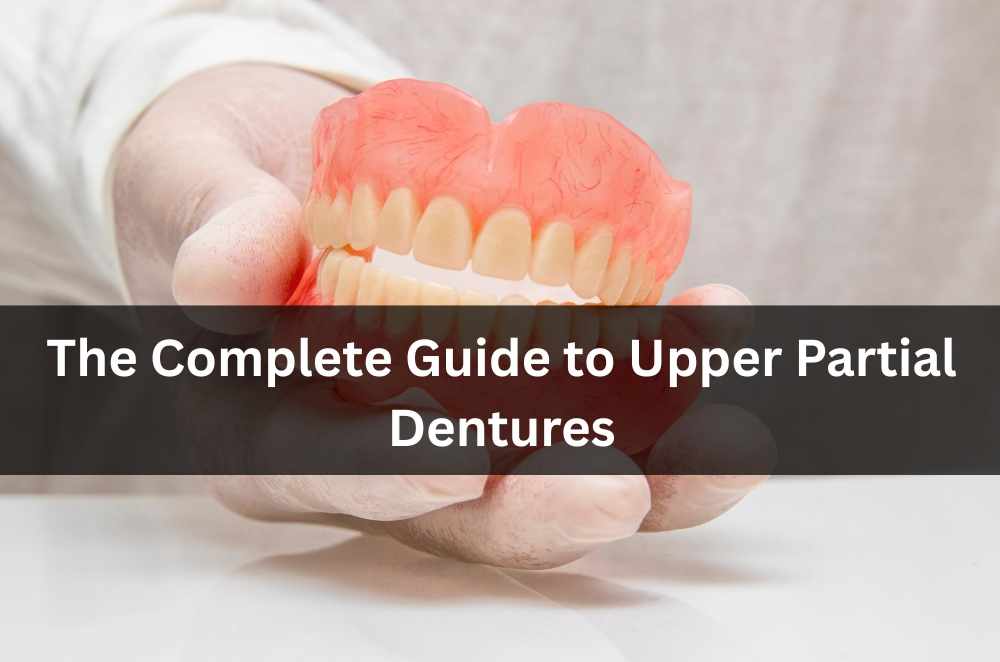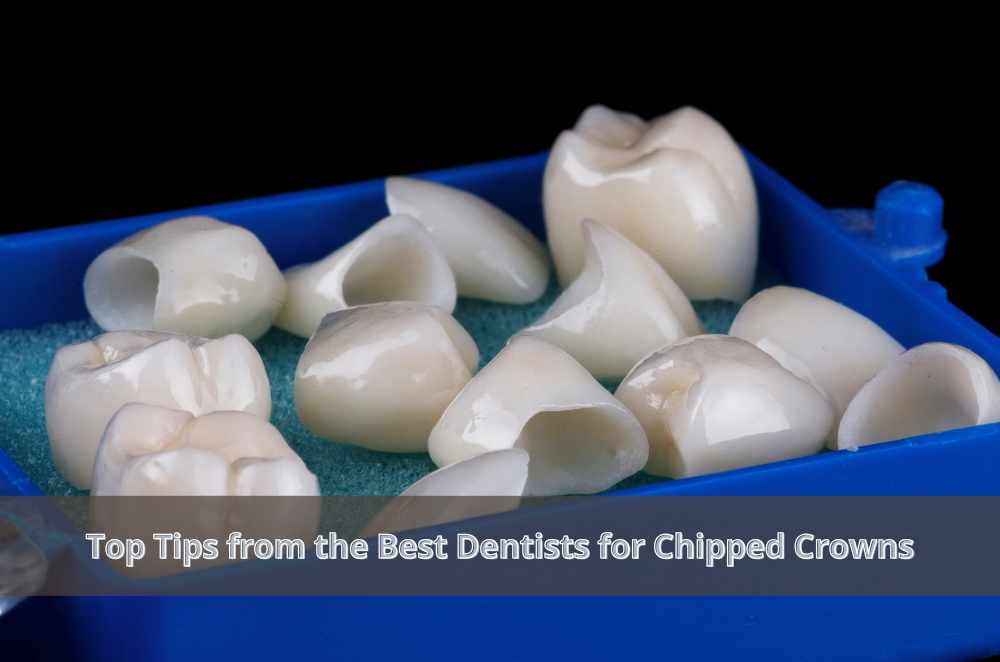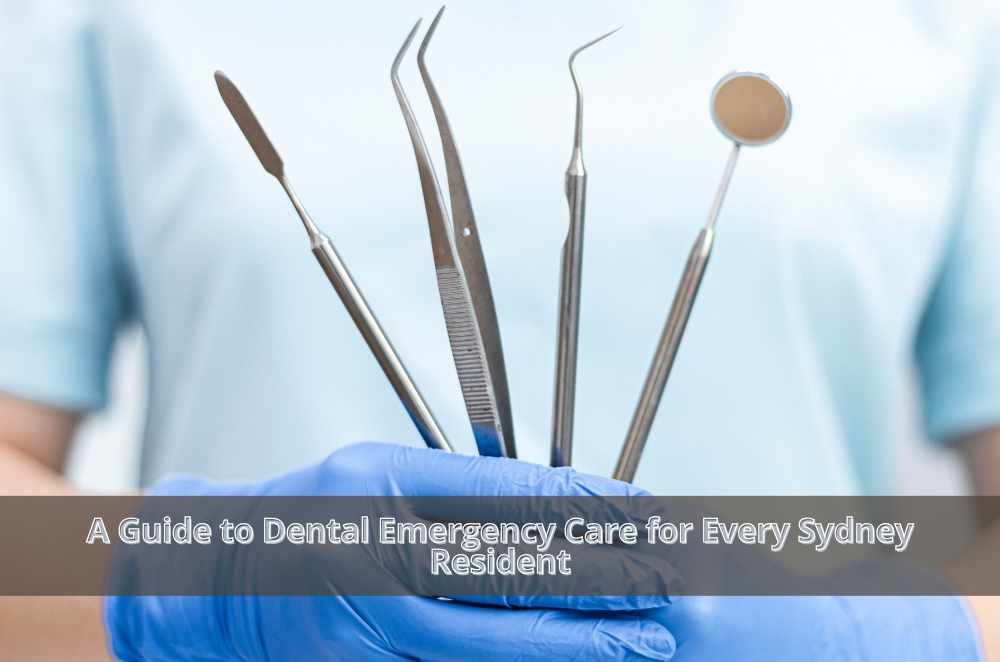
There’s a quiet confidence that comes with a healthy smile — not flashy, just comfortable and real. But keeping that smile in top shape isn’t always about brushing harder or chasing the latest whitening trend. In truth, the real secret lies in working with a trusted dental care dentist who understands the everyday habits that truly make a difference. No hype, no pressure — just clear, steady guidance from someone who knows what they’re doing.
I learned this the hard way. I’d missed two check-ups in a row, thinking I was doing fine. When I finally sat back in the chair, I heard the words: “You’ve got some early signs of gum inflammation.” Luckily, it was manageable — but it reminded me that staying consistent, not perfect, is what really matters in oral health.
So, how do you keep your smile healthy without overthinking it? Let’s unpack some practical, dentist-backed advice.
Why consistency matters more than perfection in dental care
Many people think a dazzling smile comes from doing everything “just right” — but dentists will tell you that’s not always the case. It’s not about being perfect. It’s about showing up consistently, doing the small things daily, and knowing when to ask for help.
Here’s what your dental team quietly hopes you’ll take seriously between visits:
Brush twice daily using fluoride toothpaste (and don’t rush it)
Floss at least once a day — yes, even on weekends
Use a soft-bristled brush to avoid gum damage
Rinse with water after acidic drinks before brushing
Replace your toothbrush every 3 months (or sooner if bristles fray)
When I made these simple shifts, I noticed something unexpected: less sensitivity, fresher breath, and a bit more confidence during conversations.
Understanding the full scope of dental services
A dental visit is rarely just about a quick polish and go. Depending on your needs, the dentist may perform a range of checks and treatments — some of which you might not even realise are part of a typical appointment. These fall under what’s known as dentist services, and knowing what’s available can help you get more value from every visit.
According to the Australian Department of Health, general dental services include:
Examinations to assess tooth and gum health
Professional cleaning to remove plaque and tartar
X-rays to catch issues not visible to the eye
Restorative care, like fillings and crowns
Preventive advice tailored to your lifestyle and habits
This comprehensive approach is part of why early detection works so well in dentistry. If you want to explore the national perspective on how dentists support health more broadly, the government’s official guide outlines their role in community oral care.
How often should you go to the dentist? It depends
A common question — and a fair one. How often is often enough?
Most people hear “every six months” and assume it applies to everyone. But in practice, frequency depends on a range of personal factors: your age, medical history, oral hygiene habits, and even genetics. That’s why your dentist might give a slightly different timeline than your partner’s.
Here’s a general rule of thumb many dentists use:
Every 6 months for children and teens
Every 6–12 months for adults with no ongoing issues
Every 3–4 months for people with gum disease, diabetes, or smokers
The key is to treat your dental visits like maintenance, not emergencies. Waiting for pain often means it’s too late for simple solutions.
For a deeper dive into this topic, check out our in-depth blog on how often you should go to the dentist — it explains why timing matters and how to personalise your visit schedule.
Small shifts, big impact: Preventive dental care tips that work
Here’s the truth: a lot of oral health issues are avoidable. That doesn’t mean you’ll never need a filling or a crown, but you can drastically reduce your risk by sticking to a few solid preventive habits. These aren’t magic tricks. They’re simple shifts that add up over time.
Here are a few preventive dental care tips worth adding to your routine:
Choose water over sugary drinks when you can
Use a nightguard if you grind your teeth while sleeping
Don’t brush immediately after acidic food or drinks — wait 30 mins
Chew sugar-free gum between meals to stimulate saliva
Schedule appointments even when nothing feels wrong
Avoid smoking — it’s a major risk factor for gum disease
Clean your tongue daily to reduce bacteria and bad breath
Ask your dentist about sealants or fluoride varnishes if you're high-risk
These habits work quietly in the background, protecting your enamel, supporting your gums, and keeping bacteria in check.
You can learn more from external resources that focus purely on prevention and education — there’s an entire body of advice out there designed to help you take control of your own oral health.

Common myths your dentist wants to clear up
Sometimes it’s not what we do, but what we believe, that causes the most trouble. Misconceptions around oral health often lead people to avoid necessary care, overdo certain routines, or miss early warning signs.
Here are a few common myths that dentists would love to see retired:
“If nothing hurts, everything’s fine.”
Pain is often a late-stage symptom. By the time you feel discomfort, a condition may already be advanced.“Bleeding gums are normal when brushing.”
No, they’re not. Bleeding can be an early sign of gum disease and should be checked out.“Brushing harder cleans better.”
In fact, aggressive brushing can cause gum recession and enamel wear.“Baby teeth don’t matter.”
They hold space for adult teeth and help with speech and nutrition. They matter — a lot.“Whitening toothpaste can replace a dentist’s cleaning.”
Whitening pastes remove surface stains but don’t clean beneath the gum line or remove tartar.
Getting the facts straight can help you make smarter, safer choices when it comes to your smile.
Final thoughts: Your smile is built on habits, not hype
There’s no secret formula for keeping your teeth healthy — just a blend of awareness, consistency, and real-world habits you can actually stick to. Your dental care dentist can offer advice, catch early signs of trouble, and clean the areas you miss. But the day-to-day care? That’s on you.
The good news? It doesn’t need to be complicated.
Just like you wouldn’t ignore your car until the engine light comes on, your mouth deserves that same quiet, consistent attention. Keep it simple, stay curious, and trust the process. Your future self — and your smile — will thank you.








Write a comment ...